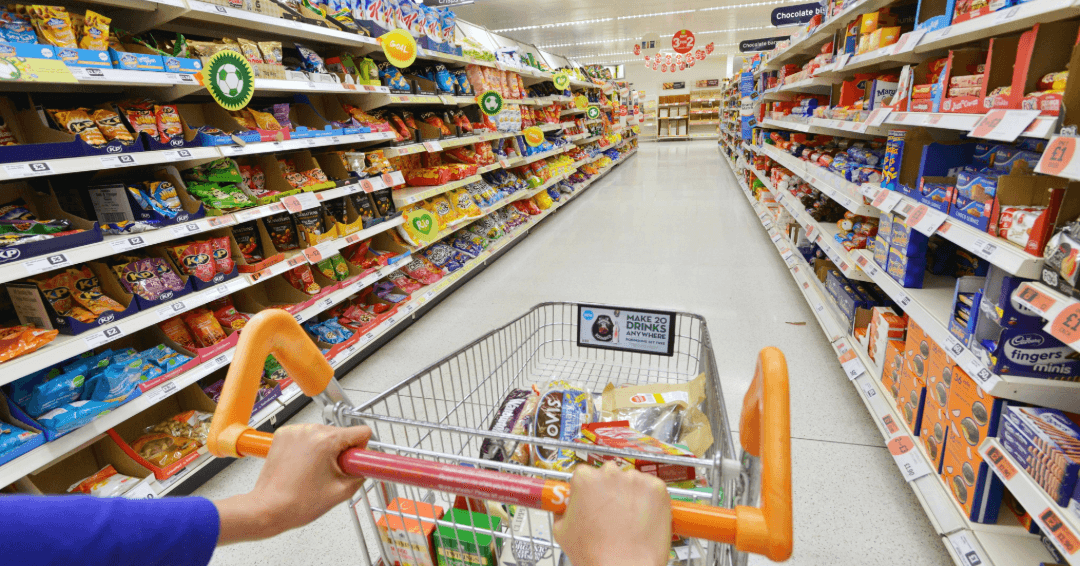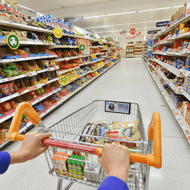Sainsbury's Gains Momentum with Shifting Consumer Behaviours Post-Pandemic
Posted by Emily on 28th Apr 2024 Reading Time:
As the pandemic's impact wanes, customers are increasingly returning to physical stores, moving away from the surge in online shopping, according to Sainsbury's CEO Simon Roberts. Roberts highlights a noticeable shift in consumer habits, with people spending more time at work and opting for in-person weekly shopping at the supermarket. "That means people are doing more of their weekly shop with us," Roberts explained.

Sainsbury's holds a significant 15.3% market share, trailing only behind Tesco. The retailer noted a decline in online sales, which now account for about 13% of total sales, down from over 20% during the pandemic's peak. Sainsbury's operates nearly 1,500 stores across the nation.
Roberts observed changes in consumer purchasing patterns: "Customers are back in the office, and some of the patterns we saw through the pandemic have unwound a bit. More and more want to go to a supermarket, where they have full choice." He also mentioned a trend of consumers upgrading to higher-quality items, moving away from the more cautious spending of the past two years.
The company's latest financial results show a 3.4% increase in sales, reaching £36.3 billion, with like-for-like sales excluding fuel up by 7.5%. Sainsbury's preliminary profits before tax rose 1.6% to £701 million, surpassing analyst expectations. Despite a promising performance in the food sector, the retailer faces challenges in its general merchandise and clothing divisions, acknowledging missteps in fashion and impacts from shipping delays.
Sainsbury's anticipates outpacing the market in grocery volumes, aiming to boost profits through its strategic focus on food offerings. The company is also streamlining operations, including closing its banking division as part of a cost-reduction plan.
However, Roberts remains cautious about the future, particularly for high-ticket items like home and furniture, which depend on broader economic factors such as interest rate changes.
Retail analyst William Woods of Bernstein remarked, "Food inflation remains supportive, and the food first strategy is working," but noted that the performance in non-food categories has been less impressive.
Below, we invite your thoughts and comments on how these market shifts affect your shopping habits or business strategies.

